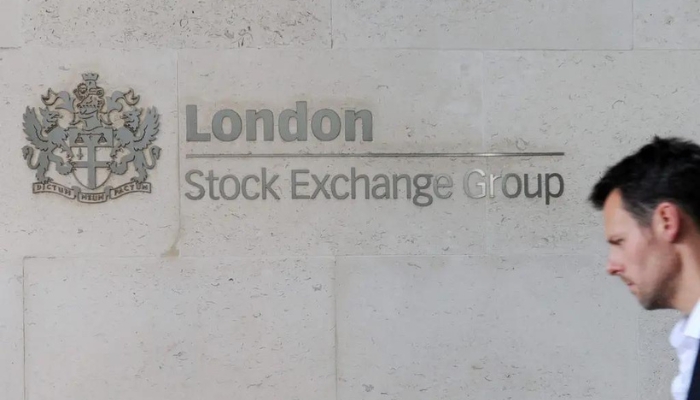Inflation Data Sparks Market Decline
Anúncios
As inflation data for March revealed a sharper-than-expected increase, the US stock market experienced a significant decline on Wednesday. This development has raised concerns among investors about the potential impact of rising inflation on the economy and the Federal Reserve’s monetary policy decisions. Let’s delve deeper into the implications of this inflation report and its repercussions on various sectors of the market.
The Inflationary Surge
The latest Consumer Price Index (CPI) data released by the Bureau of Labor Statistics painted a worrisome picture of inflationary pressures in the US economy. The CPI, which measures the average change over time in the prices paid by urban consumers for a basket of consumer goods and services, surged by 3.5% over the past 12 months, marking the highest annual gain in the last six months.

[su_button url=”https://www.growcredit.com/” style=”flat” background=”#ff9900″ size=”15″ icon=”icon: credit-card-alt”]DISCOVER THE GROW CREDIT MASTERCARD[/su_button]
This uptick in consumer prices was primarily driven by significant increases in gas and shelter costs. Notably, prices rose across almost every major category last month, indicating broad-based inflationary pressures in the economy.
Investor Apprehensions
The sudden surge in inflation has sent shockwaves through financial markets, prompting a sharp decline in stock prices. The Dow Jones Industrial Average, a benchmark index comprising blue-chip stocks, closed 422 points, or 1.1% lower, while the broader S&P 500 and the tech-heavy Nasdaq Composite also recorded losses of 1% and 0.8%, respectively.
Investors are particularly concerned about the implications of higher inflation for the Federal Reserve’s monetary policy stance. The Fed has been hinting at potential rate cuts to support the economy, but the hotter-than-expected inflation report has cast doubt on the timing and magnitude of these rate cuts.
Fed’s Dilemma with Inflation
The Federal Reserve finds itself at a crossroads as it grapples with the dual challenge of supporting economic growth while keeping inflation in check. Traditionally, central banks respond to rising inflation by raising interest rates to cool down economic activity and prevent prices from spiraling out of control.
However, the Fed faces a delicate balancing act, as higher interest rates could dampen consumer spending and investment, potentially slowing down economic growth. Moreover, with the economy still recovering from the pandemic-induced downturn, the Fed may be hesitant to implement aggressive rate hikes that could jeopardize the fragile recovery.
Market Reaction and Sectoral Impact
The market reaction to the inflation data was swift and broad-based, with various sectors experiencing significant declines. Bank stocks, including industry giants like Bank of America, Wells Fargo, and JPMorgan Chase, bore the brunt of the sell-off as investors fretted about the impact of higher interest rates on lending profitability.

Similarly, technology stocks, which had been driving much of the market’s gains in recent months, also faced selling pressure amid concerns that rising borrowing costs could weigh on future earnings. Tech giants like Microsoft, Amazon, and Apple saw their share prices decline as investors reevaluated the sector’s outlook in light of the inflationary pressures.
Future Outlook of Inflation and Investor Caution
Looking ahead, investors remain cautious as they await further guidance from the Federal Reserve and closely monitor upcoming economic data releases. While the Fed has indicated its willingness to support the economy through accommodative monetary policies, the specter of inflation looms large, raising questions about the central bank’s ability to navigate these competing objectives.
In the meantime, market participants are advised to exercise caution and maintain a diversified portfolio to mitigate risks associated with heightened volatility and uncertainty. As economic conditions evolve and new data emerges, investors must remain vigilant and adapt their investment strategies accordingly to navigate the evolving landscape of the financial markets.
See also: EU Launches Investigation into China’s Wind Turbine Sector
[su_button url=”https://www.growcredit.com/” style=”flat” background=”#ff9900″ size=”15″ icon=”icon: credit-card-alt”]DISCOVER THE GROW CREDIT MASTERCARD[/su_button]






